BREEDING FOR EXCELLENCE – How to choose the right stallion for your mare
Breeding Webinar Series – No. 2
Questions taken from a Q&A Session during a recorded webinar on Wednesday, 22nd January with West Kington Stud Manager, Harry Thirlby, B&W Equine Reproduction Vets, Chris Shepherd BVSc MRCVS and Anna Mitchell BVM&S DACT MRCVS and guest speaker, Janey Marson (nee Skepper) Director of HorseIT, Publisher of Competition Stallions, Stud Manager at Heritage Coast Stud and Director of British Breeding.

Q1: Do any of our native breeds have a place in Sport Horse breeding?
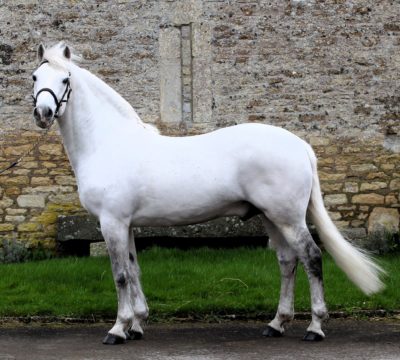
A (Janey Marson): I think the pedigree we looked at right at the beginning with Bijou showed the versatility of putting a native breed in – in his third generation there was a Welsh Section A. There is a really good move at the moment to use a lot of Connemaras. There are some very exceptional Connemara Pony stallions about, and they are proving their own right competitively. They are also proving to be very good crossbreeding stallions onto maybe rather lighter-boned thoroughbred types or warmblood types. The use of native breeds has been used over a long period of time and is certainly on the up again for various individual traits like on might want to be putting in like endurance, temperament, general rideability, and trainability.
Q2: If the stallion I want to use is only available through frozen semen, can I still have her inseminated at home?
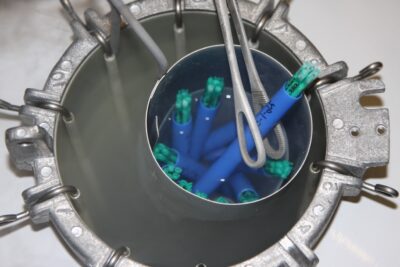
A (Chris Shepherd): It depends on your vet who will be doing the insemination. For me, you’d have to persuade me pretty hard to inseminate a mare at home with frozen semen. The reason being that it is time-consuming, as we have to examine the mares quite a few times to get the timing of insemination right. If you want good conception rates, they need to be inseminated really close to ovulation, and that necessitates lots of examinations. It is much easier for us as vets to do these examinations with a mare in stocks. At home, we’re not going to have that option. If the mare goes to a place like West Kington, where stocks are available, it is easier for us to get there and do all these examinations. We are probably going to be there doing other similar mares with frozen semen as well. All in all, I would much rather the mare be sent to a stud to be inseminated there.
A (Anna Mitchell): It also ends up being much more cost-effective because we rarely need to sedate a mare that’s in stocks at stud, and there aren’t the same visit fees as if we visited your home every six hours.
A (Chris Shepherd): Yes, I think we’ve proven time and time again, as and when someone has twisted our arm to do them at home, it usually works out much more expensive.
Q3: How can the mare owner obtain information on the stallion’s genetic considerations? Is some of the testing part of the stallion grading process with the relevant breed society?
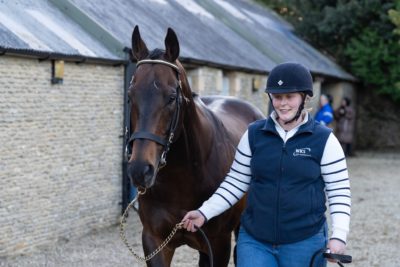 A (Anna Mitchell): Absolutely, some of it is. Well-understood diseases like Warmblood Fragile Foal Syndrome are widely tested for, and that information is available with the breed societies. It is more complicated with diseases where heritability is more complex, like osteochondrosis.
A (Anna Mitchell): Absolutely, some of it is. Well-understood diseases like Warmblood Fragile Foal Syndrome are widely tested for, and that information is available with the breed societies. It is more complicated with diseases where heritability is more complex, like osteochondrosis.
A (Janey Marson): We are seeing many more stallions identifying and doing genetic tests. For example, about four years ago the Competition Stallions Guide introduced the ability to promote the fact that your horse has been tested for genetic diseases. Initially, some people were nervous about identifying their horse as tested or even a carrier for something like Fragile Foal Syndrome. The point is to avoid breeding it with a mare who’s also a carrier, pretty much all the stallions are actively promoting the tests they are taking, and many more are doing many more tests as they become available.

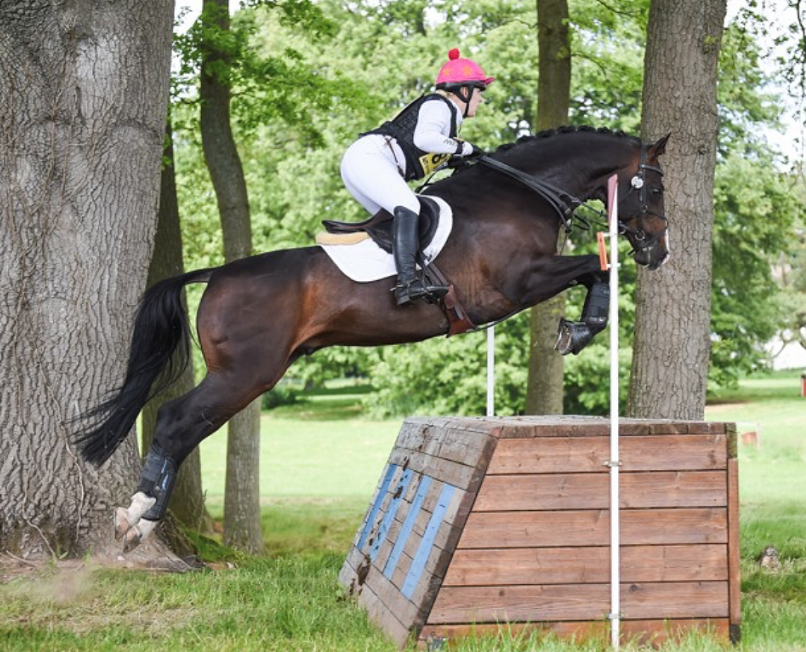
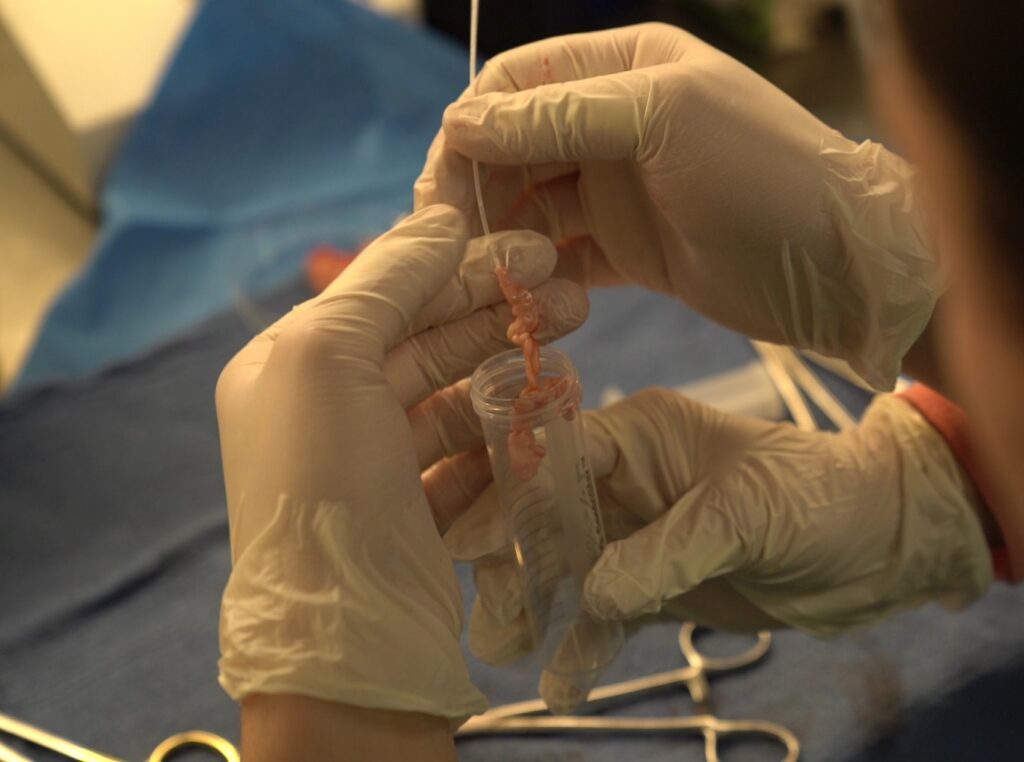
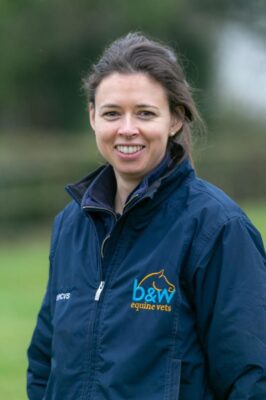
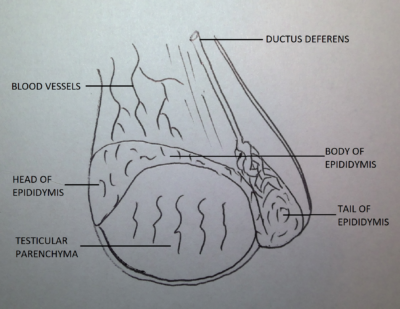
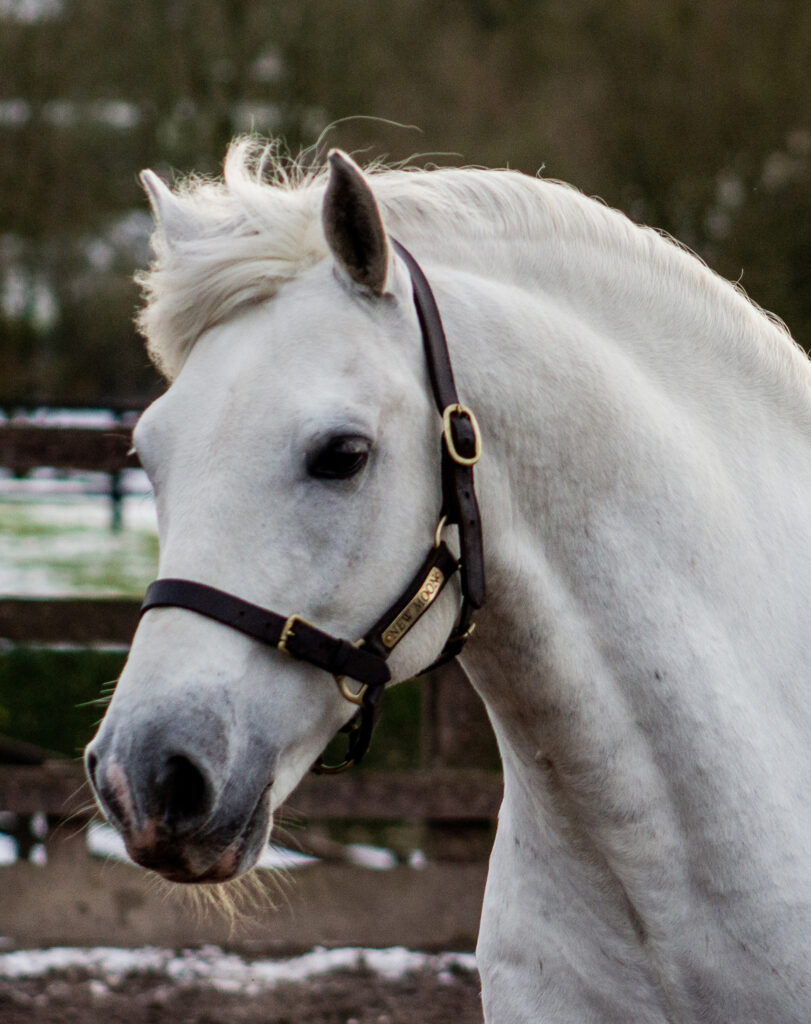

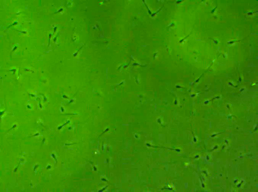
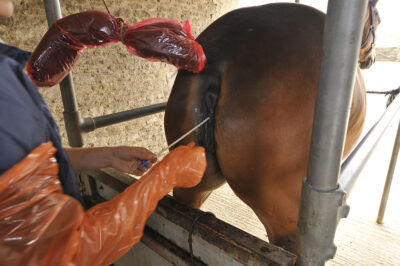
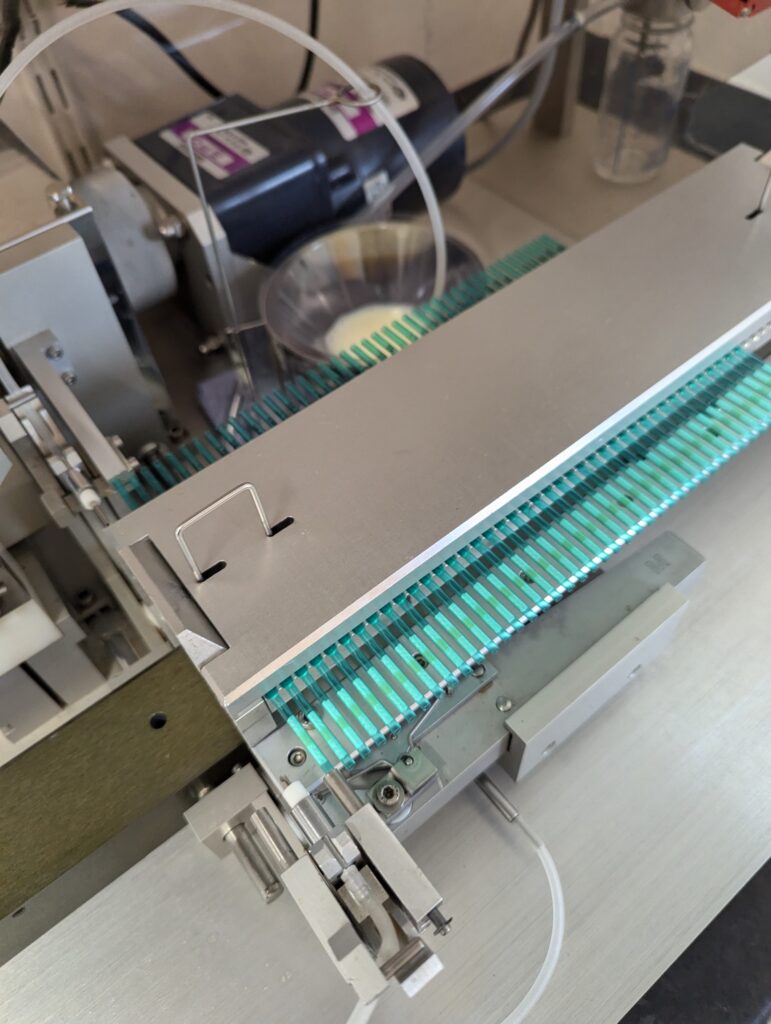

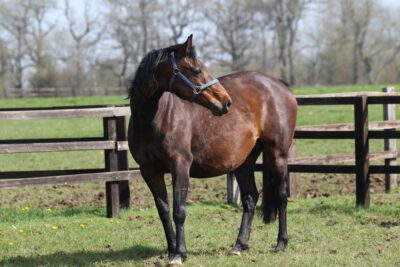 A: (Chris Shepherd) We’re sometimes a little bit selective when we’re working with frozen semen or advising clients which mares to use. We try to avoid so-called ‘problem’ mares, who’ve had issues getting in foal in previous years. Although conception rates with frozen semen are equally as good as chilled, if not better (and the statistics confirm that), we have to admit that there are various reasons why, for problem mares, it can be more useful to use fresh semen (i.e. semen collected and inseminated into the mare within an hour or two). So, as far as our selection goes for suitable candidates for frozen semen, mares of an appropriate age and with an appropriate breeding history is really what we’re looking for.
A: (Chris Shepherd) We’re sometimes a little bit selective when we’re working with frozen semen or advising clients which mares to use. We try to avoid so-called ‘problem’ mares, who’ve had issues getting in foal in previous years. Although conception rates with frozen semen are equally as good as chilled, if not better (and the statistics confirm that), we have to admit that there are various reasons why, for problem mares, it can be more useful to use fresh semen (i.e. semen collected and inseminated into the mare within an hour or two). So, as far as our selection goes for suitable candidates for frozen semen, mares of an appropriate age and with an appropriate breeding history is really what we’re looking for.